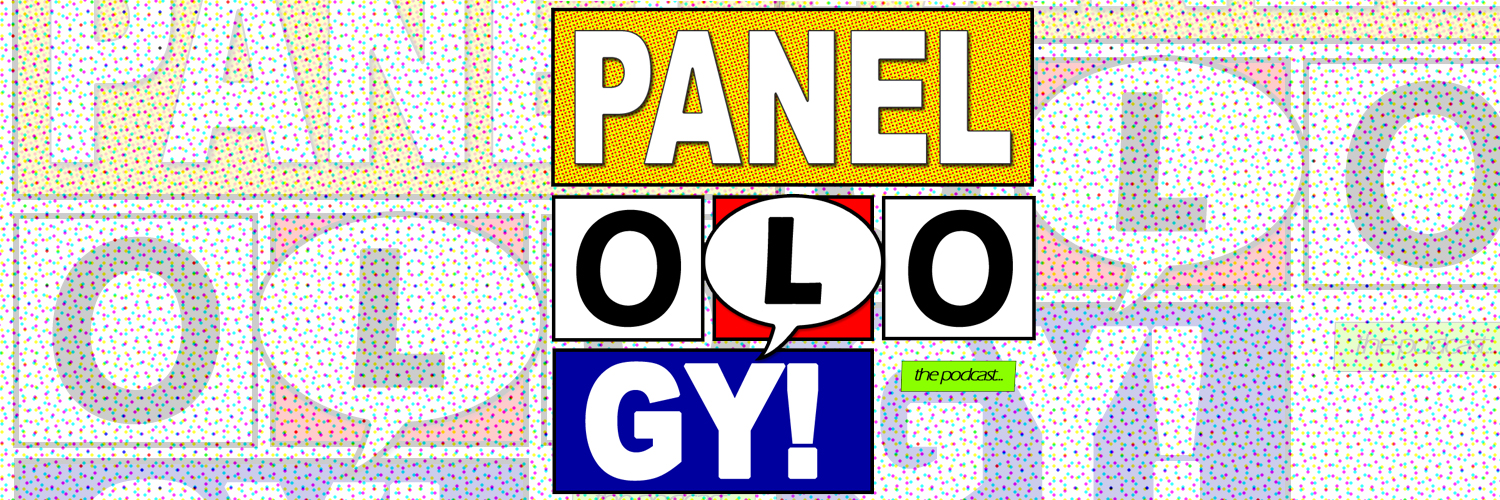Sometimes, waiting to read a book in trade is harder than others. But I just got to mainline six issues of Black Hammer, and it was worth the wait.
Black Hammer follows a group of superheroes trapped far from home. For a decade, they have lived on the outskirts of a small town. They don’t know if it’s on Earth or somewhere else. While the townsfolk can come and go, none of these former heroes can leave the town’s borders. And the less human-looking in their ranks have to remain hidden to keep prying eyes off of their de facto family.
Lemire puts character first in this series. Each issue spends time filling in the backstory of a different hero. All of them carry tragedy of some sort. Some are marked by violence. Others, by trusting the wrong person. Or making an impossible deal out of grief. It is, at one level, a Doom Patrol-style team of damaged members. But at another, each character correlates to a different, recognizable character and time in comics history.
Lemire uses the baggage of comics' history—and the disparities between backstories created at different times in comics history—as the foundations of disparate ways of looking at the world. A character with a ‘40s war comics origin and one with a ‘70s weird magic origin will view the world in fundamentally different ways, for instance. This makes each one of Black Hammer’s stranded heroes recognizable and individual, while their interactions become exchanges between different moments in comic book history.
Dean Ormston’s art is stylized and languid. Everyone’s tired. Everyone’s emotionally weathered. And they wear it in their faces and bodies and movements. That, combined with Dave Stewart’s varied but somewhat desaturated colors makes for a pulp vibe. Black Hammer would be completely at home in the world of something like Hellboy, for instance.
This is a smart, engaging book. Its narratives work on multiple levels. But unlike a lot of other comics that draw from historical moments, you don’t need to know how the medium has evolved over time to enjoy Black Hammer. It adds something interesting if you do, but even if you’re completely new to comics, you can pick this up and get a lot out of it. And you should pick it up.
Collected in
- Black Hammer, Vol. 1: Secret Origins (#1-6)
Credits
Writer: Jeff Lemire | Artist: Dean Ormston | Colorist: Dave Stewart | Letterer: Todd Klein

